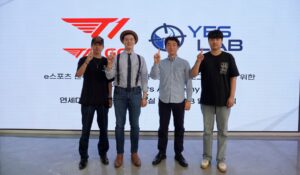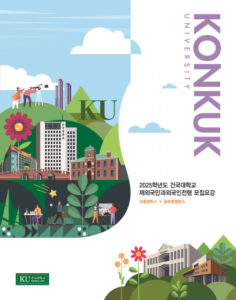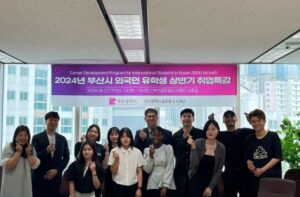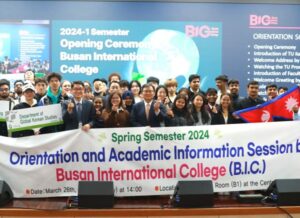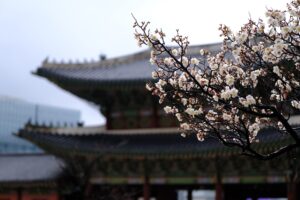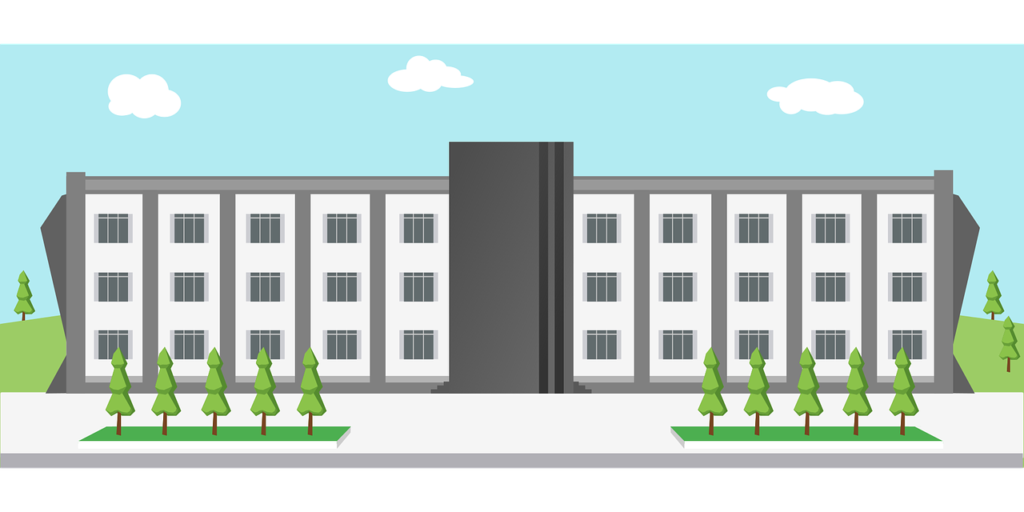
With the reputation of having some of the best universities in Asia and the world, South Korea has become a favored destination for higher education in recent years. Korea’s educational system has received recognition on a global scale, with one of the most educated labor forces in the world and highest OECD rating for educational excellence.
According to the Korean Ministry of Education, the country had over 160,000 international students as of 2022. However, it is still a relatively new international destination for higher education and so, the education and university system of Korea can be a little new and confusing for many students.
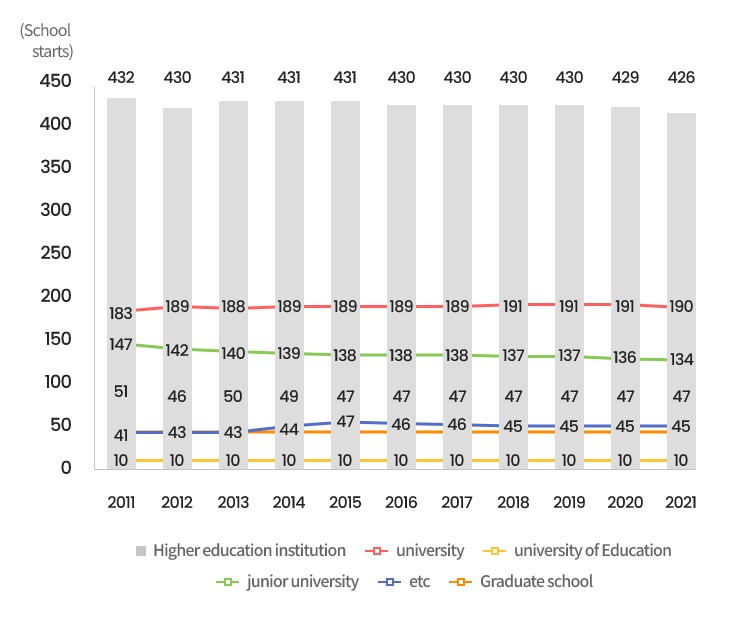
1. Educational System & types of universities
Identical to most countries around the world, for entry into higher education in universities and colleges, Korean students must complete 12 years of formal education in elementary school (6 years), middle school (3 years), and high school (3 years).
Korean universities offer various academic programs such as:
- Degree programs: 2~3 years associate, 3 ~ 4 year bachelors, 1 ~ 2 masters, and doctoral degrees where students are enrolled to the university in Korea full-time and pursue their courses in Korea and/or English
- Exchange programs: 1 ~ 2 semesters study abroad exchange programs where students visit universities in Korea for a semester or two to complete courses while being enrolled full-time in their home university.
- Korean Language Programs: Short period courses that are usually a few weeks to a year long where students learn the Korean language.
- Summer/Winter programs: Short term vocational programs for international students that are usually less intensive and taught in Korean and/or English.
2. Types of Korean higher education institutions
- Public universities that are funded by the Korean government
- Private universities that are funded by private foundations
- Local/ regional universities that are funded by the local/ regional governments in Korea
- Cyber universities which are online universities offering remote classes and can be run by public, private, or local universities.
3. Academic year and admission seasons
Korean universities have two major semesters- Spring and Fall -which are each about 15 weeks long and two optional shorter semesters- Summer and Winter- which are about 6 weeks long.
An academic year starts with the Spring semester which commences around the beginning of March and ends around mid-June while the Fall semester starts around the beginning of September and ends mid-December. Summer vacations usually last from mid-June to late August while Winter vacations last from mid-December to late February.
Most universities in Korea accept admissions twice a year which could start from 4 months prior to the Spring or Fall semester (deadline depends on the university). Whereas, language courses accept admissions more often, recruiting students every 4 months or even more frequently depending on the language institute.
For more information about the top universities and language schools in Korea, visit…

